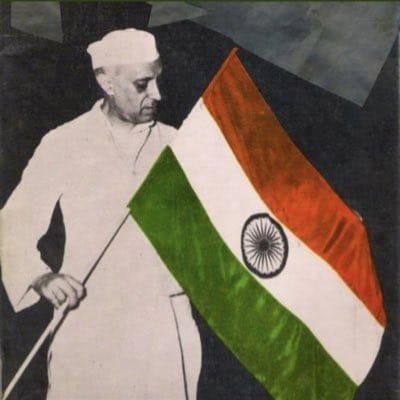
Nehruvian
@_nehruvian
Followers
27K
Following
5K
Media
3K
Statuses
11K

@_nehruvian